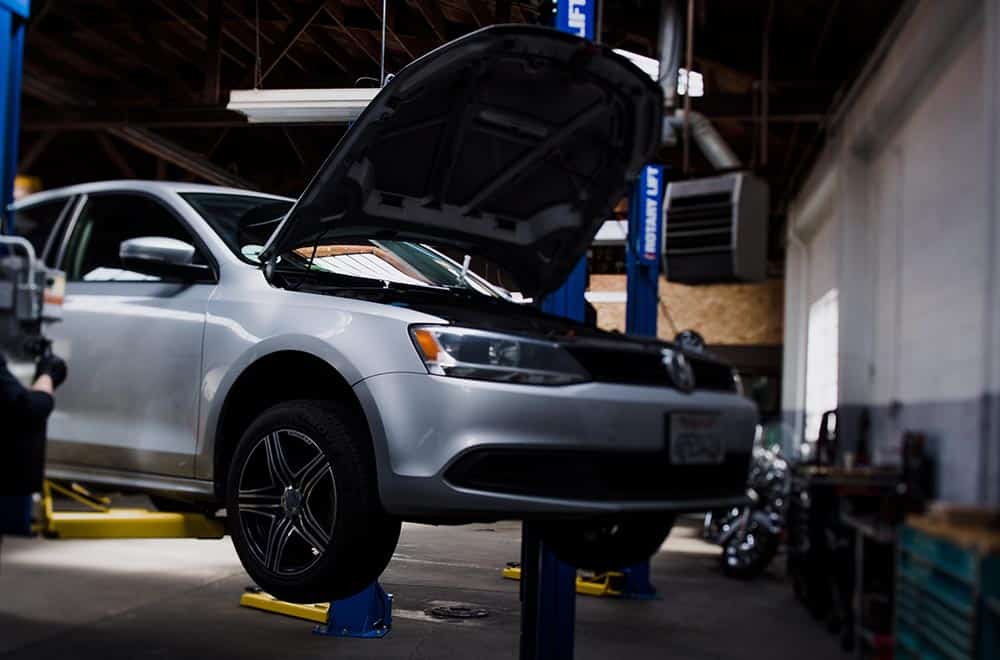Oil Changes Near Me Cost: What to Expect and How to Budget
Oil Changes Near Me Cost: What to Expect and How to Budget
Oil changes are an important part of car maintenance, but they can also be costly and time-consuming. If you’re looking for oil changes near me, you may be wondering what to expect and how to budget for this essential service. Fortunately, there are plenty of options available to help you keep your car running smoothly without breaking the bank. From quick lube shops to full-service auto centers, there are many different types of oil change providers to choose from. But how do you know which one is right for you? In this blog, we’ll explore the oil change cost near me and benefits of different oil change options, as well as offer tips on how to budget for this important aspect of car care. So buckle up and let’s get started!
Understanding the Different Types of Oil Changes
Before we dive into the costs of oil changes, it’s important to understand the different types of oil changes available. The type of oil change you need will depend on your vehicle’s make, model, and mileage. Here are four common types of oil changes:
- Conventional Oil Change: This is the most basic and affordable type of oil change. It uses conventional motor oil that needs to be changed every 3,000 miles or three months.
- Synthetic Blend Oil Change: This option combines conventional motor oil with synthetic motor oil for added protection and performance. It typically needs to be changed every 5,000 miles or six months.
- Full Synthetic Oil Change: This is a more expensive option but offers superior protection and performance. It can last up to 10,000 miles or one year before needing to be changed.
- High Mileage Oil Change: If your car has over 75,000 miles on it, a high mileage oil change may be recommended. This type of oil is specifically designed for older vehicles and can help prevent engine wear and tear.
- Electric Vehicle Oil Change: For electric vehicles, a different type of oil change may be required as they do not have traditional engines. It’s important to consult your vehicle’s manual or an expert for the best course of action.
It’s important to check your vehicle’s owner’s manual or consult with a mechanic to determine which type of oil change is best for your car. Now let’s take a closer look at the costs associated with each option.

Vehicle Oil Changing
Average Costs of Different Oil Changes
Oil changes are a necessary part of car maintenance that needs to be taken seriously. One of the factors to consider when it comes to oil changes is the average cost. The cost of an oil change varies depending on the type of oil used, the location of the service, and the service provider. Conventional oil changes usually cost between a few tens to a hundred dollars, while synthetic oil changes can cost upwards of a hundred dollars.
Another factor to consider when it comes to average costs of oil changes is the frequency of oil changes. The general rule is to change your oil every 5,000 to 7,500 miles, depending on the manufacturer’s recommendations and your driving habits. However, some car owners prefer to change their oil more frequently, which can significantly increase your overall maintenance costs.
It’s important to keep in mind that the cost of oil changes isn’t the only expense when it comes to car maintenance. Regular oil changes can help prevent costly repairs down the line by keeping your engine running smoothly. Neglecting oil changes can lead to engine damage, and the need for expensive repairs or even engine replacement. So, while the average cost of an oil change may seem like a small expense, it’s an essential part of keeping your car in good condition and avoiding more significant expenses in the future.
Factors That Affect the Cost of Oil Changes
As mentioned earlier, the cost of an oil change can vary depending on several factors. Here are a few things that can affect the price of your oil change:
- Type and quality of oil used: As discussed, synthetic oils tend to be more expensive than conventional oils.
- Location: The cost of living in your area can also impact the price of an oil change. Areas with higher costs of living may have higher service fees.
- Service provider: Quick lube shops may offer lower prices compared to full-service auto centers due to their faster service and lower overhead costs. However, some car owners prefer the personalized service and expertise of a full-service auto center.
- Additional services: Some oil change providers may offer additional services such as tire rotations or fluid top-ups for an extra cost. Be sure to check if these services are included in the initial price or if they come at an additional cost.
- Coupons and promotions: Many oil change providers offer coupons or promotions to attract customers. Keep an eye out for these deals to potentially save some money on your next oil change.
By understanding these factors, you can better budget for your next oil change and choose the best option for your vehicle and budget.

Professional Oil Changing Service
How to Budget for Oil Changes
Now that you have a better understanding of the costs associated with oil changes, how can you budget for them? Here are a few tips to help you save money on your next oil change:
- Plan ahead: Don’t wait until the last minute to get an oil change. This will give you time to research and compare prices from different service providers.
- Keep track of your mileage: By knowing when your next oil change is due, you can plan and budget accordingly.
- Look for deals: As mentioned earlier, keep an eye out for coupons or promotions to potentially save money on your next oil change.
- Consider DIY options: If you’re comfortable doing basic car maintenance tasks, such as changing your own oil, this could save you money in the long run.
- Create a separate car maintenance fund: Setting aside money specifically for car maintenance can help you budget and avoid unexpected expenses.
With these tips in mind, you can better plan and budget for oil changes to keep your vehicle running smoothly without breaking the bank. Remember, regular oil changes are an essential part of car maintenance that can save you money in the long run.
Where to Find Affordable Oil Changes Near You
When it comes to finding affordable oil changes, there are a few options available. Here are some places you can look for budget-friendly oil change services:
- Local auto shops: Small, independent auto shops may offer competitive prices for oil changes in your area.
- Dealerships: While dealerships may have higher labor costs, they often use high-quality parts and offer specialized services for your specific car model.
- National chain stores: Popular chain stores such as Jiffy Lube or Valvoline Instant Oil Change often have promotional offers or discount packages for multiple oil changes.
- Online marketplaces: Websites like Groupon or LivingSocial sometimes feature discounted deals on oil changes from local service providers.
- Mobile oil change services: Some companies offer mobile oil change services, where they come to your location for an oil change, potentially saving you time and money.
Be sure to research and compare prices from different service providers before making a decision. Keep in mind the factors that can affect the cost of an oil change and consider any additional services or promotions that may be available.

Oil Changes and Maintenance Service
Importance of Regular Maintenance and Potential Cost Savings
As mentioned earlier, regular oil changes are crucial for keeping your car in good condition and preventing costly repairs down the line. Here are some other benefits of regular oil changes:
- Improved engine performance: Fresh oil helps lubricate and clean your engine, allowing it to run more efficiently.
- Better fuel economy: A well-maintained engine can improve your car’s fuel efficiency, saving you money on gas.
- Longer lifespan: Regular maintenance, including oil changes, can prolong the life of your vehicle and potentially save you from having to purchase a new one sooner than expected.
- Warranty requirements: If your car is under warranty, regular oil changes may be required to keep the warranty valid.
By investing in regular maintenance and staying on top of oil changes, you can potentially save money in the long run by avoiding costly repairs or premature vehicle replacement.
Conclusion
While the cost of oil changes may seem like a small expense, it’s an essential part of car maintenance that can save you money and keep your engine running smoothly. By understanding the factors that affect the cost, budgeting accordingly, and finding affordable options in your area, you can ensure that your vehicle stays in top condition without breaking the bank. Remember to prioritize regular maintenance and make sure to schedule those oil changes on time for optimal performance and potential cost savings in the long run. So next time you’re due for an oil change, don’t put it off – think of it as an investment in your car’s health and longevity.
https://www.google.com/maps?cid=257524321519224003
